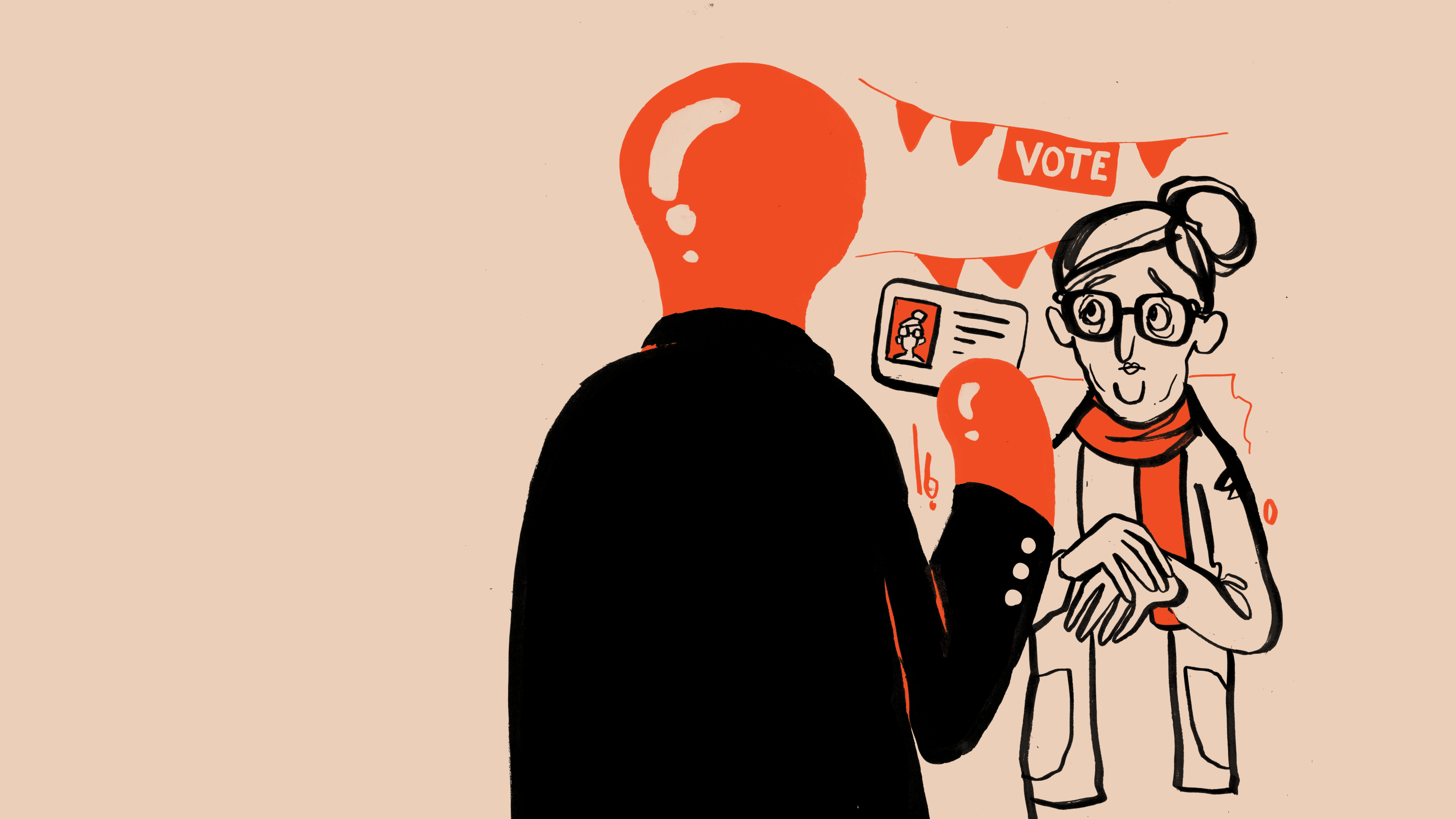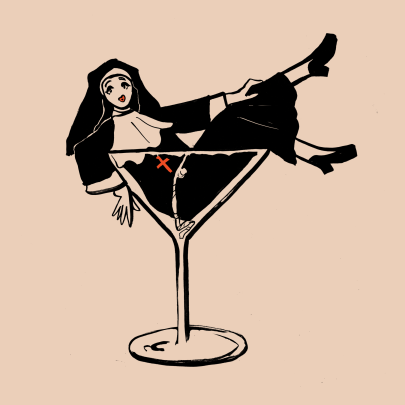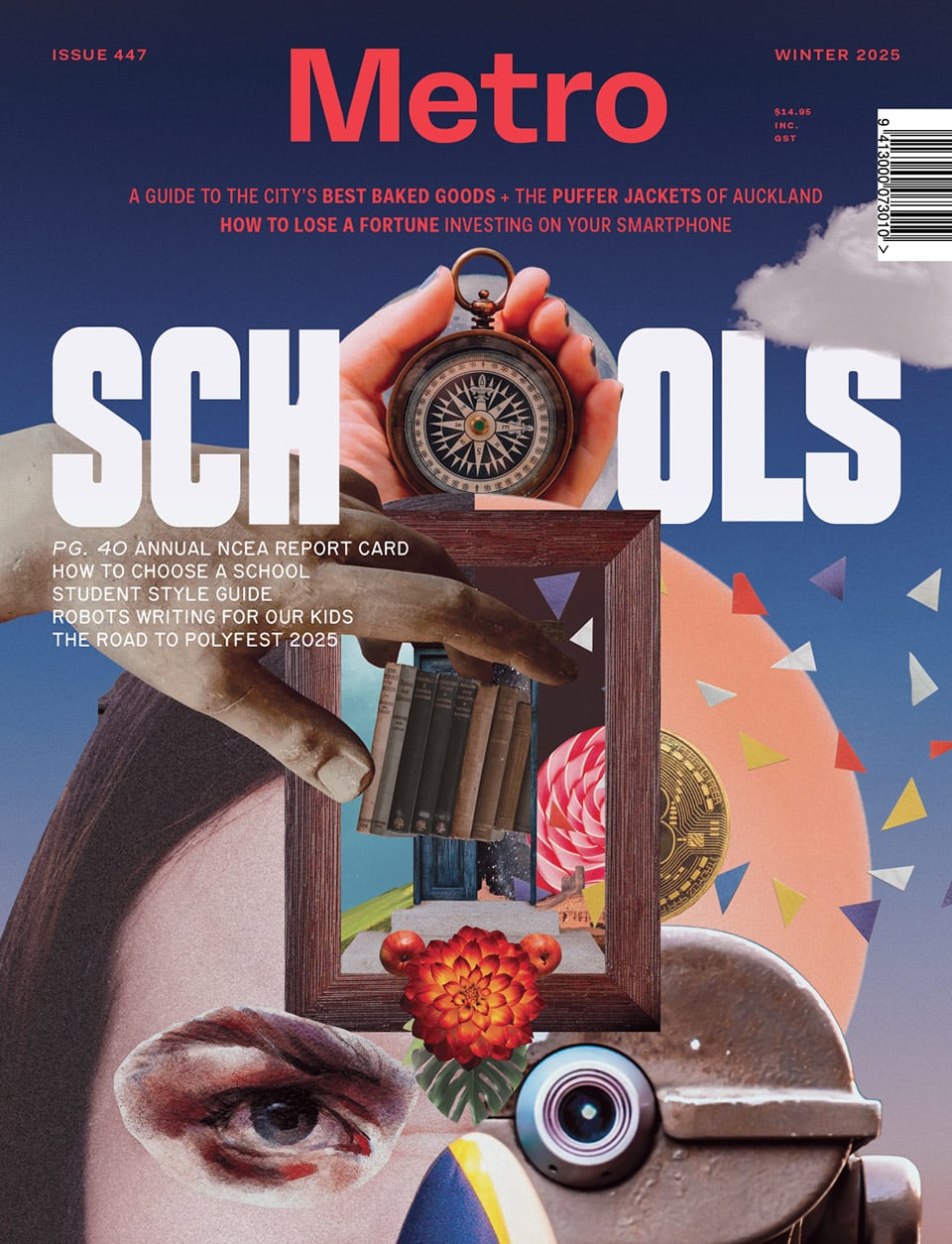Mar 31, 2025 Society
When the left swept to victory in 2020, the online right engaged in two kinds of copium.
The most widespread sought to impose limits on the government’s mandate, arguing that huge swathes of rural National Party voters ‘lent’ rather than gave their votes to Labour solely to lock the Greens out of government. (There was no real evidence of this, and political scientists doubt it was the case.)
But a far more pernicious form bubbled behind the scenes: the notion that some of the election results were fraudulent. While few ever argued that Labour had not won an honest majority, Green MP Chlöe Swarbrick’s win in Auckland Central, which was a genuine shock, was called into question by both the popular “Redbaiter” account and the historian and former Labour Cabinet minister Michael Bassett.
There is absolutely no evidence that Swarbrick’s victory was anything but legal and legitimate. And because New Zealand is not the United States, these claims were never repeated by anyone with any power, so festered away online instead of entering mainstream political discourse. Another win for good old-fashioned New Zealand sanity.
That was before the Manurewa Marae saga.
A quick summary in case you’ve been skipping the news: it has been alleged that data shared with and gathered by the marae in 2023 for the express purpose of boosting Covid-19 vaccination levels and improving census completion rates was then used for political ends by Te Pāti Māori (TPM) to secure Tāmaki, the local Māori electorate. TPM’s candidate, Takutai Tarsh Kemp, who was also chief executive of the marae, won the seat by just 42 votes. The allegations of wrongdoing are rejected by TPM president John Tamihere, and the just-released inquiry did not quite find that the alleged events had occurred.
It did find that there were clear potential conflicts of interest that were not properly managed, and that the key government agencies involved — Stats NZ, the Ministry of Health and Te Whatu Ora Health New Zealand — had not put proper safeguards in place. The Office of the Privacy Commissioner, the Ministry of Justice and the police are now considering the matter. At press time the allegations remain in that horrible space for all involved of being unproven but far from ruled out.
Whether the allegations are ever proven or disproven, the fallout imperils one of the best election systems in the world.
I write this column from a country where voting is far harder — no, not the United States, but the United Kingdom. Here in the UK, instead of being given weeks to vote wherever I wanted, with nothing required of me on the day other than knowledge of my address, I had one day and one place to vote. It wasn’t near my work, there was a queue, I had to bring my ID and a piece of mail, and if I’d had the kind of job or family commitments that made the 30-minute errand impossible for me that day, I would have been out of luck. Let alone if I was homeless, or didn’t have a photo ID.
New Zealand’s relative ease of voting raises some eyebrows, but the logic behind it is strong. Serious voter fraud — people voting more than once or when they are ineligible to — is vanishingly rare, with only 48 people accused of it at the 2020 election, which attracted almost three million votes. This makes a lot of sense because the chances of your extra vote changing the election in any meaningful way are essentially zero, while the chances of you getting caught and thus being liable for a two-year prison sentence or an up-to-$40,000 fine are actually quite high — a risk/reward calculation is so stark that only true idiots attempt it.
On the other hand, making it harder for people to vote — like requiring ID checks or reducing the number of voting booths — harms our elections in far more systematic ways, by excluding the exact kinds of people already the least likely to vote — the young and the poor. It should be a boring democratic maxim, like everyone deserving a fair trial, that we should want as many people to vote as possible. Unfortunately, it is not, and the marae saga just gives those who would love to ‘tighten up’ our voting laws more ammo — even though the allegations have nothing to do with this kind of potential voting fraud.
It is not just a change to the law that the mess could precondition. Extremely online partisans are experts at using small nuggets of truth as Trojan horses for wild theories of conspiracy. The unfortunate decision by social media companies in October 2020 to censor the Hunter Biden laptop story led to a widespread belief that the entire US media ecosystem is run by corrupt Marxists who want to make your kid gay. Overconfident statements about how effective Covid vaccines would be led folks to stop believing anything the authorities said about them, including that they are safe. The real existence of a public interest journalism fund gets read as a media bribery fund.
This weaponised stupidity is far less contained, overseas or online, than you might think. And it is not solely the domain of the political right. Some of it is basically harmless — just fun stories each political wing uses to explain away its losses — and people do have the right to believe insane stuff they read online, and go to protests based on it. A responsible and strong public sphere should be able to take it — with lies and bullshit addressed and shut down, not ignored.
But doing so requires trust. Voters must trust that public institutions like Stats NZ and the Electoral Commission will be professional and even-handed. They must trust that if something goes wrong, other bodies will step in — whether that means whistleblowers, the media or an impartial inquiry. That is hopefully where this whole thing will end up, with some new data-sharing safeguards put in place and people confident that if they see something going wrong, journalists will ensure the problem gets fixed.
But doesn’t that seem a little too hopeful? Doesn’t it seem more likely that we will be hearing about “Manurewa Marae” for years to come every time an election is close, including from those with real power? Can you not imagine a scenario where people start to seriously question if special votes really exist, or whether an MP they hate has been legitimately elected, and decide to do something about it? I’d love to say it couldn’t happen here, but that might just be cope.






